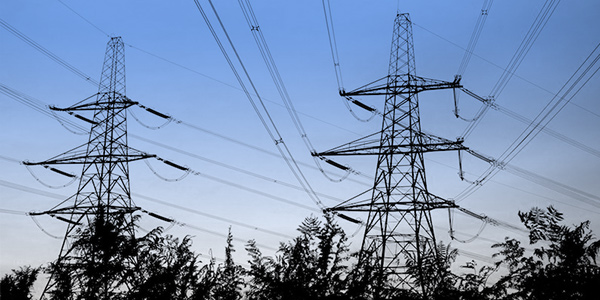State energy officials in New England have recently pressed their case for reforms at ISO-NE with a series of online technical forums during the last three months focused on the RTO’s wholesale electricity market design, transmission system planning process and governance. There is also a recognition that significant equity and environmental justice considerations exist within those core reform areas.
On March 18, the officials explored the links between the reforms they seek from ISO-NE and equity and environmental justice during a virtual meeting with a heavy focus on public engagement.
Maine Public Utilities Commission Chairman Phillip Bartlett said ISO-NE’s market design has resulted in high electricity costs in New England, disproportionately burdening low-income consumers and communities of color.
Judy Chang, undersecretary of energy for the Massachusetts Executive Office of Energy and Environmental Affairs, added that siting of transmission lines and substations in low-income communities needs to be considered more carefully.
Connecticut Department of Energy and Environmental Protection Commissioner Katie Dykes said that ISO-NE has limited transparency and public accessibility in its governance, which does not provide an opportunity for environmental justice communities in New England — unless they participate in the nonpublic NEPOOL stakeholder process — to be part of energy planning conversations and decisions that directly impact them.
Engaging the Public
The officials heard from several residents during the forum.
Ross Conrad, a beekeeper from Middlebury, Vt., said he appreciated the focus on environmental justice and equity issues related to fossil fuels and their air pollution but that he also has concerns around renewable resource siting. Conrad singled out Hydro-Québec, which he said has never compensated Five Nations communities for dams on their lands before 1996, and ISO-NE for importing electricity from it.
“So, I’m wondering why we don’t reduce our reliance on Hydro-Québec energy, instead of increasing it, until such point they may actually agree to compensate the Five Nations people for the dams and the flooding that has occurred on their land?” he said.
Eugenia Gibbons, Massachusetts director of climate policy for Health Care Without Harm, a nonprofit that works to reduce the health care sector’s environmental footprint, said that having a Spanish translation for the forum was an essential step in the right direction.
“Multilingual communication is a cornerstone of any meaningful engagement and more inclusive process,” Gibbons said.
Energy policy can be “wonky, but it doesn’t have to be,” she said.
“I would say that community members are very conversant in energy policy because they’re living with the consequences of bad decision-making, day in and day out, and have a lot of good recommendations and insight to offer when we’re thinking bigger picture.”
Gibbons added that while the states want more transparency and accountability from ISO-NE, they, in turn, need to continue to think about how to meaningfully engage the community in a process that is “not necessarily very welcoming or exciting.”
Shaina Kasper, Vermont and New Hampshire state director for Community Action Works, a regional nonprofit based in Boston that works with environmental justice communities, said her organization has been asking for a platform like this “for too long.”
In November and December, Kasper said, several organizations sent letters to the New England States Committee on Electricity asking for a regional public process with after-work-hours meetings to discuss updates to the grid in “layman’s terms.”
“Months later, after dozens of calls and emails, we’ve got this one meeting, and we just got the agenda for it, two days ago, and so you just want to get members of the public engaged on what the grid should look like, but it just seems like you’re trying to check the box of offering public participation but not doing anything substantial to make that happen,” Kasper said.
New England deserves a grid operator responsive to the needs of ratepayers “and the people living with climate catastrophe and pollution, not fossil fuel executives and utilities,” Kasper said. She called on ISO-NE to work with states and communities and not “prop up” fossil fuel energy infrastructure in New England.
Chairman Bartlett said the forum is intended to serve as a kickoff to a conversation.
“We will certainly look for ways to keep this dialogue going, so it is important that all of us participate in finding solutions that will work for all of us as we make a very important transition to a cleaner energy future,” Bartlett said.




